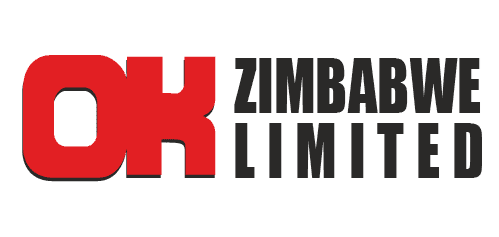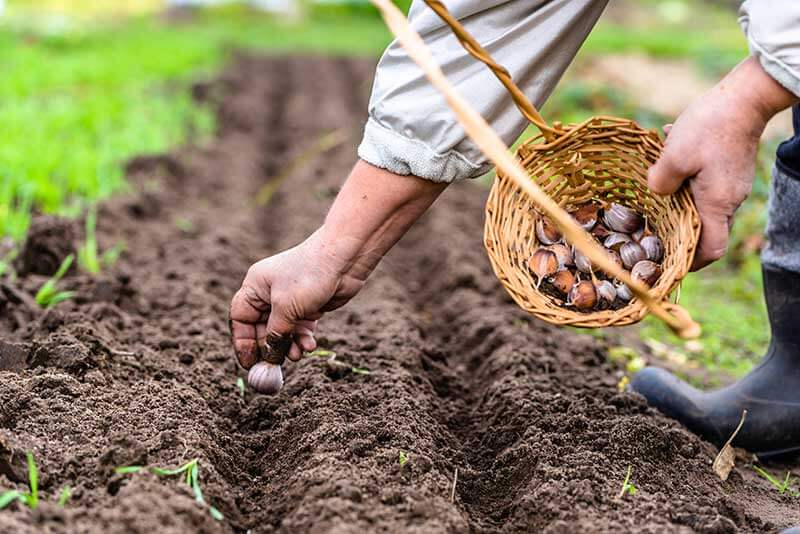Shocking rates in Harare 2021 budget
An average high-density suburban householder will be paying $1 736 a month from January for basic services, while a family in the modest Mabelreign middle-density suburb will be hit by monthly bills of $4 558 under proposals announced by Harare City Council in its new budget.
Already, residents’ associations are attacking the proposals, which are still subject to objections, since council does not provide the services it wants to charge more for.
Water, sewer and refuse collection tariffs rocketed at the beginning of this month, but council now wants to push them even higher, even though costs should be stable, and also wants to shove up property taxes, rates, six-fold.
Under the budget proposals, high-density suburban residents will be charged $575 for the first five cubic metres of water a month, $565 a month for a once-a-week bin collection, a sewer charge of $250 for each toilet and a minimum property tax of $345.
The Malbereign family will pay the low-density tariffs of $765 for five cubic metres of water, $803 for a weekly bin collection, and $410 for each toilet. The property tax on a Mabelreign house will be around $2 580 a month, although this will be higher in most low-density suburbs with their larger houses and plots.
The business community has not been spared in the steep hike of fees, with the collection of bins in commercial and industrial areas depending on the frequency per week, daily collection will be $2 125, and three-times a week will be $1 782. The cost of hiring an ambulance will rise to $820, but clinic fees remain the same having been shoved up the equivalent of US$5 a visit already.
Council wants to push up its rents. In Glen Norah the semi-detached houses will be rented for $2 800 a month, terraced houses in Dzivaresekwa for $3 200 and four-roomed houses in Kuwadzana for $8 400.
Justifying the increases during a special council meeting at Town House yesterday while presenting the budget, Finance and Development committee councillor Tichaona Mhetu said the 2021 revenue budget is a responsive one.
“The justification for water tariff has been necessitated by a drastic increase in cost of inputs namely chemicals, cost of repairs, maintenance, capital charges on borrowed funds for capital works and electricity costs.
“Projected cost of producing one cubic metre of water in 2020 is $151 up from $99 in 2020,” he said.
On the $32,7 billion financial plan Harare has budgeted about $4,8 billion for water and sanitation.
Harare mayor Jacob Mafume said there was still room for amendments of the budget.
“We are grateful as a council. But it is not the final nail on the coffin. The budget will be advertised for 30 days before it is submitted to Government for approval.
“We will take the stakeholders’ comments very seriously. We do hope that through the budget we will be able to rejuvenate the city while moving towards attaining the smart city that we want,” he said.
The proposed budget has since started receiving backlash from residents.
Harare Residents Trust director Mr Precious Shumba said the rates increases are wild, unscientific and lack sincerity on the part of the City of Harare.
“Their desperation for revenues is unmatched by their level of service provision. They do not have a proper billing system,” he said.
“The proposed rates discount the socio-economic conditions of ratepayers. Most citizens are unemployed, and the Covid-19 outbreak makes their situation worse.”
Combined Harare Residents Association programmes manager Mr Reuben Akili said the budget was unacceptable and any policymaker with reasoning capacity could not agree to such.
“They need to address the fundamentals that are discouraging residents to pay their bills. Currently they have a non-functional billing system and their books where last audited in 2017,” he said.
Zimbabwe National Organisation of Associations and Residents Trust head Mr Shepherd Chikomba said they should provide service delivery first before these “exorbitant inhuman increases”.
“As residents we are tired of these hikes yet service delivery is not changing. We are getting water twice a week, why can’t they hike the rate at which residents can get running tape water they need to justify these figures. The percentage increase is just out of this world.
“We need quality service delivery assurance. We wonder if the council is going to deliver or they will come up with other excuses after these recent hikes. City of Harare has failed and it is for all to see,” he said.-herald.cl.zw










